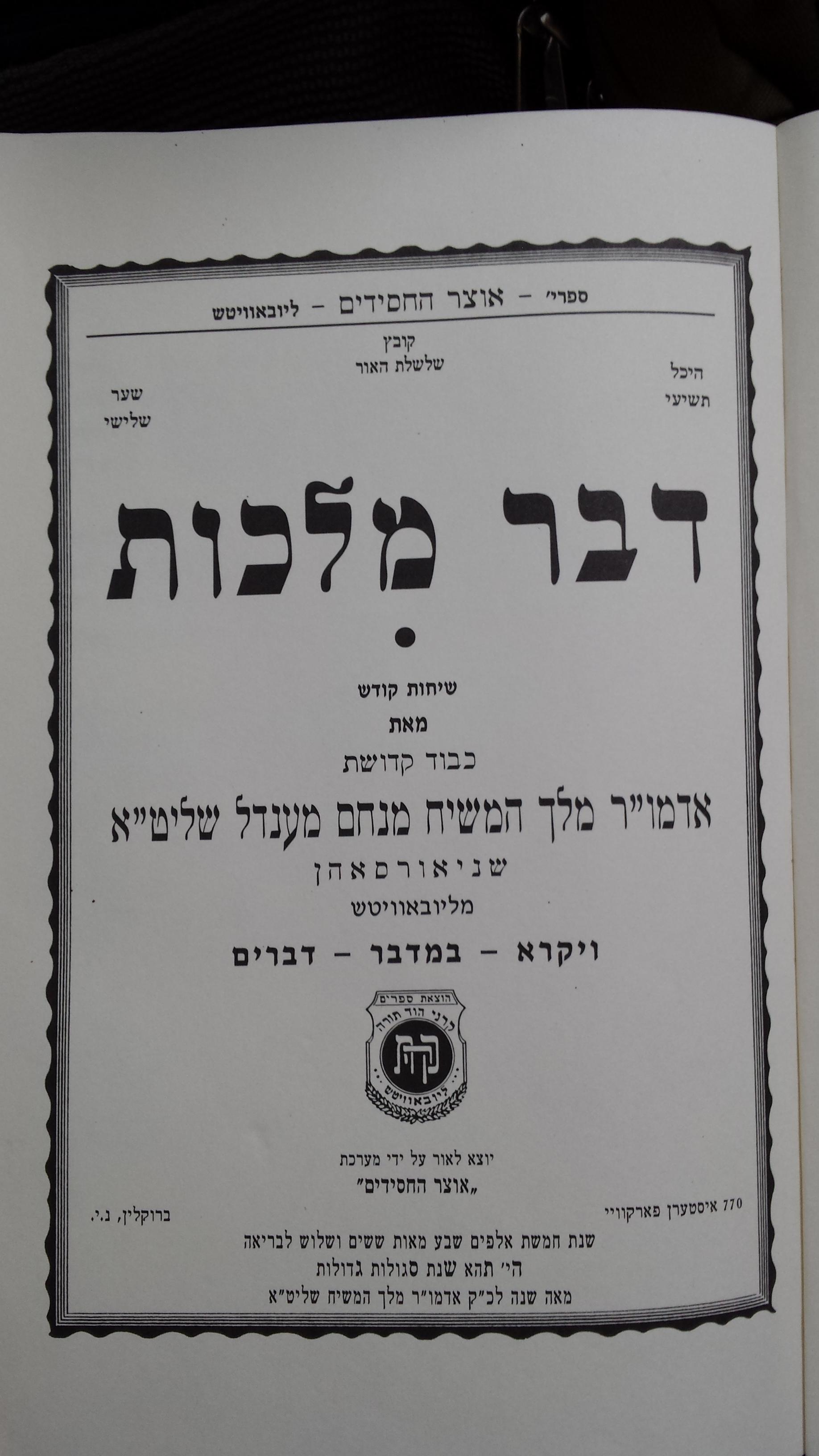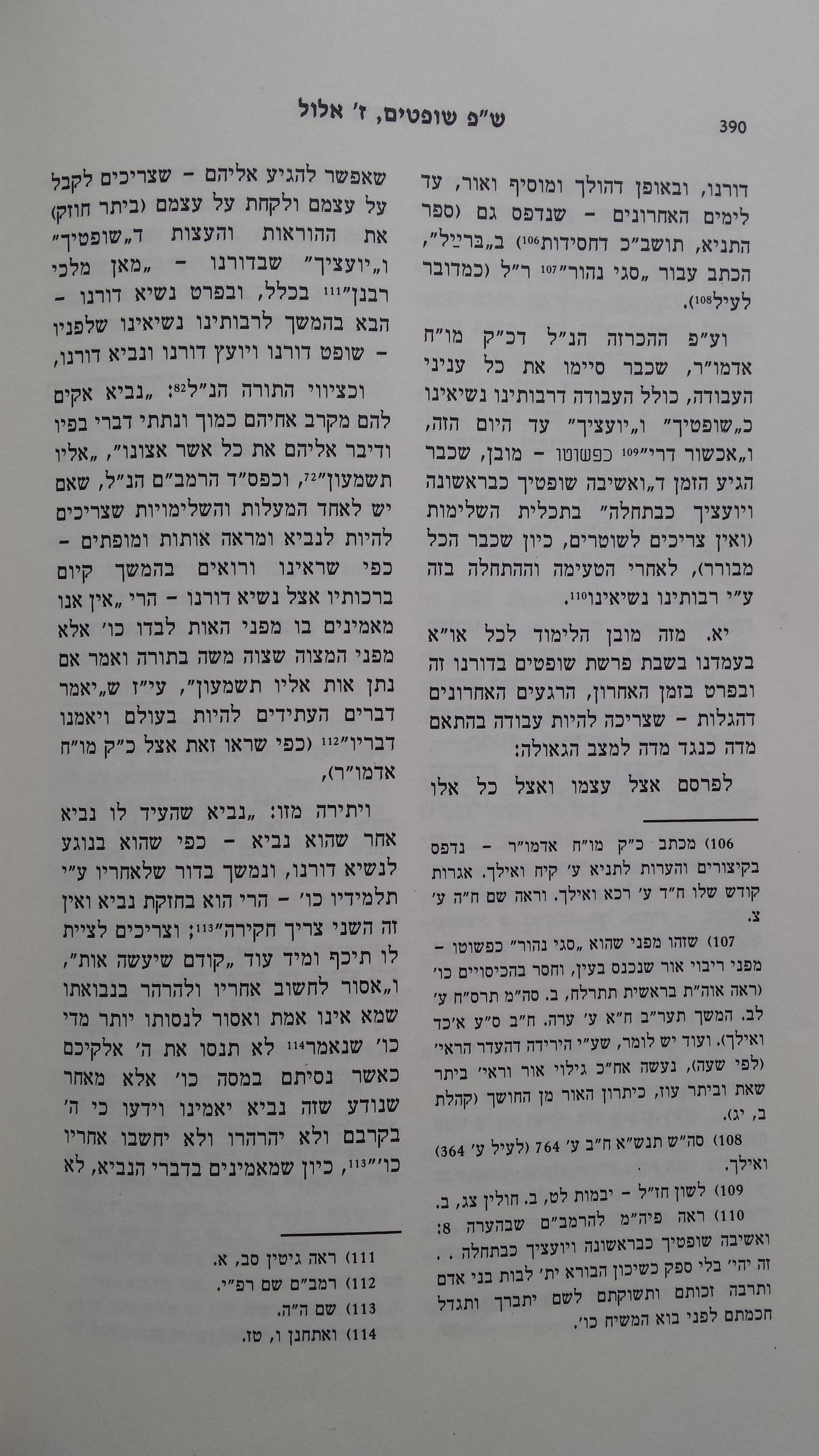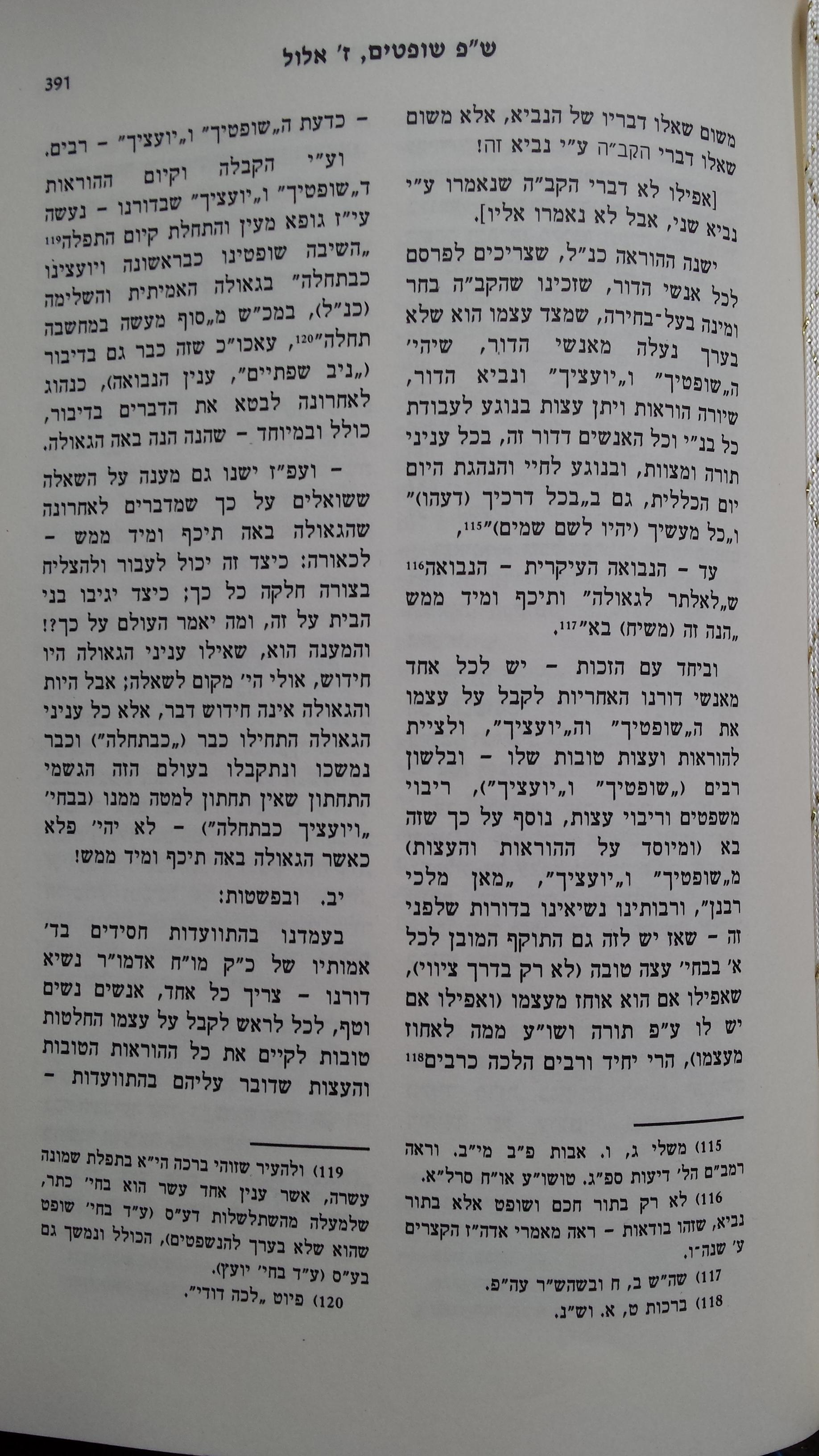There are strong suggestions within Chabad literature that the Rebbe was considered to be a prophet (Devar Malchut, see below). Some suggest that the Rebbe himself didn't do enough to discourage his followers to stop thinking that he was moshiach. It could be that he simply didn't know if he was or not. He did however, make attempts to admonish the practice (Sichos Kodesh, Parshas Noach 5752):
Schneerson responded by writing "It has come to pass that because of his [Wolpo's] activities ... hundreds of Jews have stopped learning Chassidus, and now oppose the Baal Shem Tov and his teachings in actuality. It appeared to some that the Rebbe finally approved of the declaration of the Rebbe as Messiah at a public talk on the 6th of Iyar 1991 when young Rabbi Dovid Nachshon and others repeated Yechi also on the hebrew date of the 15th of Iyar the Rebbe for the first time encouraged the singing of "Yechi", the slogan about the Rebbe being the Messiah." In fact, however, several months later on the 4th Cheshvan 5752, at a farbrengen (Chassidic gathering) on Shabbat Parshat No'ach, the Rebbe publicly admonished those who were singing that song. He threatened to leave the farbrengen, and only stayed so that it would not dissipate.
After having been given some texts (see images below, from Davar Malchut, Mishpatim) of the 'messianic rhetoric' it appears that there are heavy references to the Rebbe (throughout his sichot) that gives the impression that he is not only a prophet but the 'chosen one of Hashem'. Other literary examples include: "the shofet, yoetz and navi of our generation", "we are obliged to listen to him [as a prophet]", "we are not allowed to doubt his prophecy", "they are not only the words of a navi, rather the words of the Lord through this prophet!", "all people in this generation must recognise, that we have merited that Hashem has chosen…", etc.
Although not mentioning it explicitly, the sicha strongly suggests that he is the chosen messiah. (Whether this is considered normative Judaism is not the scope of this question, related). These books were written in his lifetime and purportedly endorsed and checked by the Rebbe himself (source needed! I heard this from a Chabad chasid that I was discussing this with).
Does this mean that he agreed that he was a prophet and the messiah? Or were his followers over zealous in this claim?
(related 'relations with messianists')
(related wiki article, chabad messianism)



